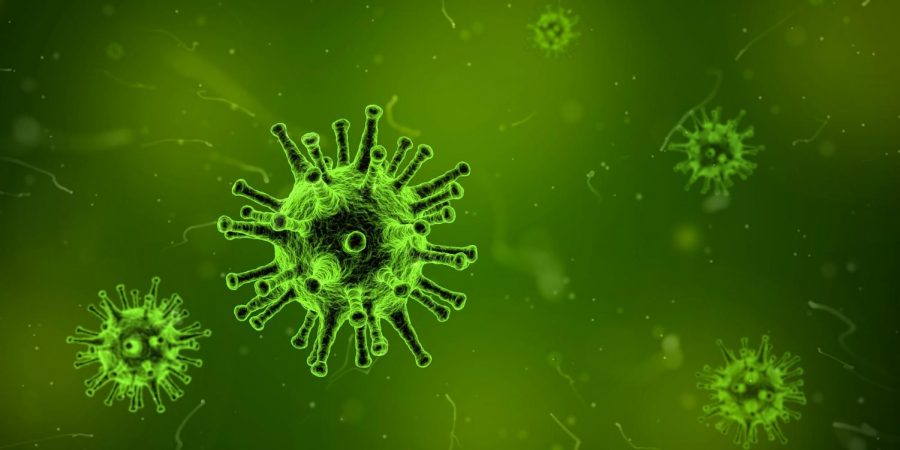As January comes to a close and students head into the heart of this winter season, the new year brings more frigid temperatures. Typically, the flu season comes to a head in February. However, venturing into February this year, students have already recorded one of the worst seasons on record.
Unlike last winter, the temperatures have remained well below zero for weeks on end. Unfortunately, the cold air only helps the flu survive and spread. Cold air allows the flu to survive for a longer period of time outside the human body and the low humidity creates an environment optimal for circulation. When an infected person exhales, a droplet containing the flu virus is released and the low humidity causes the droplet to evaporate quickly allowing the virus to float in the air. Considering the time many people spend indoors during the winter, the flu virus has been spreading like wildfire.
Along with washing your hands, covering your mouth, and staying home when sick, getting a flu shot is usually recommended as a part of the precautions. Each year, the U.S. Food and Drug Administration meets in February to decide which strains of the flu will go into the next flu shot. These strands are chosen in alignment with the World Health Organization’s recommendations. These vaccines are then developed in eggs.
There are several reasons this year’s flu season has hit so hard — one of them being the effectiveness of the flu shot. The strand wreaking havoc this year is known as H3N2; the CDC predicts this year’s shot is only about 30 percent effective against H3N2. All strands are capable of mutating, but this one in particular has a track record for being more difficult than the rest. It is also difficult to grow in eggs. While the flu shot is not of optimal effectiveness against the dominant strain, it is still recommended because it can help fight off other strains.
To further complicate this season’s outbreak, Hurricane Maria has caused a shortage in the saline bags used for IVs in the treatment of the flu. Like many other medical equipment, the majority of the saline bags come from a single source outside of the United States. About 43 percent of the U.S.’s supply comes from Puerto Rico, who was devastated by Hurricane Maria at the end of September 2017.
A combination of chilly temperatures, a difficult strain and a shortage of equipment has made this flu a force to be reckoned with. This makes those old prevention methods, such as the good, old fashioned soap and water, even more important than usual in the effort of staying healthy.
















